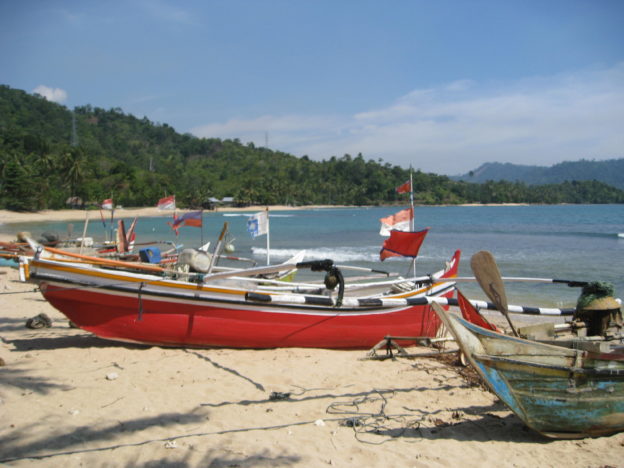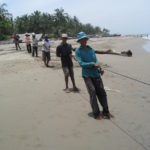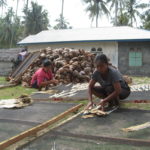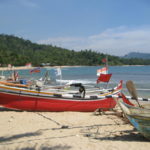A SEEDs worker in West Sumatra who has spent more than five years researching poverty in 25 fishing communities has noticed distinct motivations and opportunities that allow poor families to escape from poverty. In some fishing villages, he has met an atmosphere of distrust, negativity and resignation. In others, groups of fishers trust one another and borrow money; in essence believing that change is possible.
There are clear differences too between families. While still struggling economically, one family is determined to change: they diversify income sources, the wife sells the catch in the market, they save for the future and prioritise children’s education. Along the beach in a similar family attitudes and behaviour are markedly different. They have no alternative income, are risk averse and seem to lack both the desire and the ability to change their future.
The research to date has underlined the importance of building self-esteem and entrepreneurial spirit, and motivating households and communities to try new things, and now researchers are investigating how to do these things in four ways.
Firstly they are exploring the underlying beliefs and attitudes that are creating this culture of poverty in fishing communities. Secondly, with the help of fishermen and their families, they aim to develop a people based approach that will address the needs of fishers, quite different from most poverty alleviation approaches. Thirdly, they will test the approach in fishing communities amongst young people. This means creating ‘self-help’ groups of young people and providing mentoring to optimise their potential. And fourthly, they will evaluate whether this new approach has made a significant contribution to the poor.
If it works, this could be one of the missing keys for unlocking the potential of the coastal poor.




